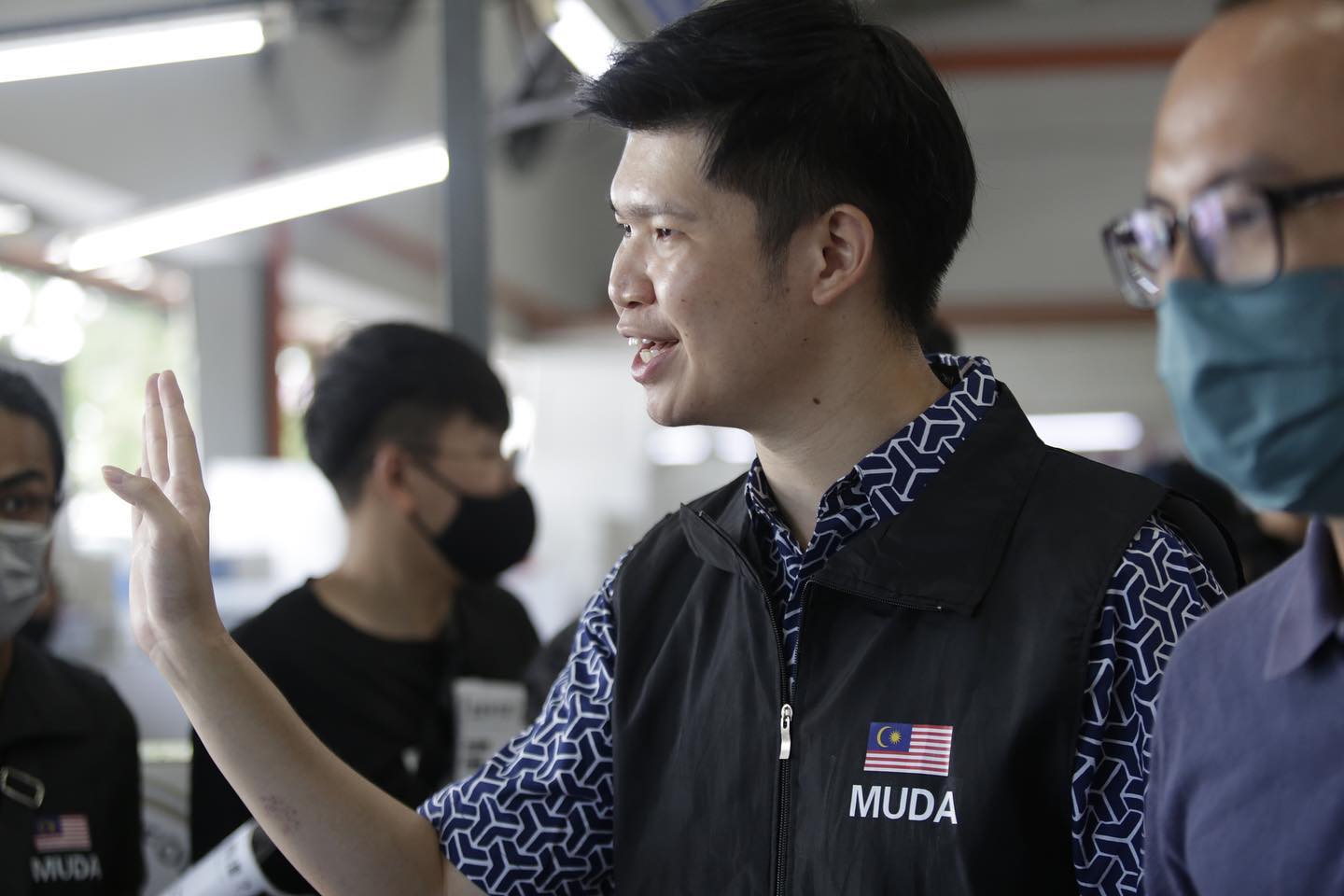KUALA LUMPUR, Nov 9 – A lawyer has argued that Cabinet may not be bound by Attorney-General Ahmad Terrirudin Mohd Salleh’s advice that the tobacco and vape generational end game (GEG) is unconstitutional.
Lim Wei Jiet said the government would usually defer to the Attorney-General for legal arguments.
“But when it comes to matters where it’s kind of 50-50, it’s a grey area, not really explicitly unconstitutional or constitutional, that’s where Cabinet, I would think, has more latitude to insist that it be passed through,” Lim told BFM producer Lim Sue Ann in an interview last Tuesday on the constitutionality of the GEG proposal in the Control of Smoking Products for Public Health Bill 2023.
“And if it does get challenged by the vaping society or whatever in court, then you just have to defend it. If you’re fortunate, the court may agree with the government to say that, ‘yes, it’s a proportionate response, a measure to ensure our health care system is protected and therefore does not offend Article 5 and 8 of the Constitution’.”
“It may go that way or the court may say it’s unconstitutional, then it gets quashed. That’s when the government may want to consider amending the Constitution to allow the government to restrict, in so far as GEG is concerned.”
CodeBlue reported last Monday that the AG and the Attorney-General’s Chambers (AGC) believe the GEG proposal to prohibit tobacco and vape products for anyone born from 2007 is unconstitutional, with the AGC reportedly having “strong views” about contravention of Article 8 of the Federal Constitution.
Hence, Cabinet decided last week to decouple the GEG from the Control of Smoking Products for Public Health Bill, potentially delaying the tabling of the tobacco and vape control bill further to next year.
Article 8 guarantees equality before the law and equal protection of the law, whereas Article 5 prevents deprivation of one’s life or personal liberty, save in accordance with law.
Lim also agreed that it was important to discuss the constitutionality of the GEG prior to passing the Control of Smoking Products for Public Health Bill, as the public may question it even if it is enforced into law, or a years-long court challenge could take place.
“Technically speaking, people should follow the law until it’s declared unconstitutional, but the government may want to avoid an embarrassing situation where the courts declare that it’s unconstitutional and then, they have to go back to the drawing board and waste a lot of time in the process,” Lim, who is also Muda vice-president, told BFM.
“It’s good that these discussions are being made in public and in certain parliamentary select committees, but honestly, I do not think that a conclusive view will be reached on whether it’s constitutional or unconstitutional. That’s really for the courts to decide.
“We can give our views, pros and cons, but usually the court is the final arbiter on whether it’s constitutional or not.”
He recommended that if the government wants to prevent a court challenge against the constitutionality of the Control of Smoking Products for Public Health Bill, Article 5 and Article 8 of the Federal Constitution should be amended to allow the government to explicitly one’s personal liberty and equality before the law in situations of public health or the GEG.
Lim – who posted on X that he did not have a personal position on the constitutionality of the GEG – mostly laid out during the BFM interview previously cited legal arguments for and against the generational tobacco and vape ban.
Last April, former Chief Justice Zaki Azmi urged the government to decouple the GEG from the Control of Smoking Products for Public Health Bill, viewing the generational ban as a potential contravention of Article 8.
Former Padang Rengas MP and lawyer Nazri Aziz, when debating the 2022 version of the tobacco bill last year, similarly argued that the GEG was discriminatory, pointing out that the issue with the generational tobacco ban for anyone born from a certain year throughout their lifetime was not about children.
Both Zaki and Nazri argued also that the GEG was a violation of personal liberty and freedom of choice for adults.
Emeritus Prof Shad Saleem Faruqi from Universiti Malaya, however, said there was no constitutional right in Article 5 to harm oneself or others and to burden the health care system.
The constitutional expert also argued that Article 8 on equality does not mandate that all persons must be treated alike. “All that it mandates is that like should be treated alike. The main challenge of the law is enforcement, not constitutionality.”
Both the Malaysian Medical Association and the Malaysian Pharmacists Society have issued statements condemning Cabinet’s decision to drop GEG provisions from the Control of Smoking Products for Public Health Bill, questioning why the AGC “suddenly” found the GEG unconstitutional.








